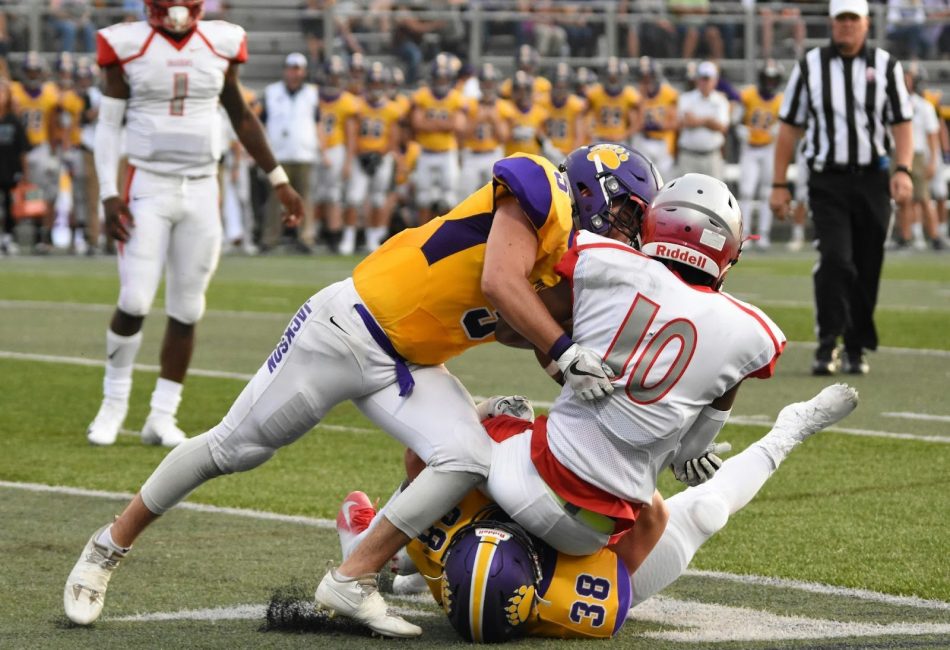When the final whistle blows at evening practice, most students head for dinner or social activities. For student athletes pursuing advanced degrees, however, the day is far from over. Library sessions, research deadlines, and thesis development await, creating a dual challenge that tests even the most disciplined minds.
Despite these pressures, many student athletes thrive in competitive academic environments. Universities report that athletes in graduate programs often demonstrate exceptional project management and deadline adherence compared to their non-athlete peers.
The Unique Research Challenges Athletes Face
Student athletes pursuing master’s or doctoral degrees encounter obstacles that traditional students rarely experience. Training schedules, competition travel, and physical recovery needs create fragmented availability for sustained research time.
When deadlines loom for major research milestones, many turn to specialized dissertation writing help to navigate particularly challenging phases without compromising their athletic commitments. These services provide guidance on research methodology, literature review organization, and editing support during competition-heavy periods.
Periodization: Bringing Sports Science to Academic Planning
Elite athletes apply training periodization – the systematic cycling of intensity and volume – to their academic research with remarkable results.
Unlike traditional students who might maintain steady research effort throughout a semester, athletes often structure their academic calendar into distinct phases:
- Foundation periods: Lower-intensity training seasons allow for establishing research foundations – literature reviews and methodology development.
- Maintenance phases: During competition seasons, athletes shift to shorter, highly focused research sessions.
- Intensity blocks: Off-seasons become opportunities for immersive research sprints where significant progress occurs.
Jordan Williams, a former NCAA Division I wrestler completing his doctoral research in biomechanics, credits this approach for his dual success: “I plan my major writing phases for the two weeks after season ends. My mind is still in that disciplined competition mode, but my body gets recovery time.”
Morning Mastery and Micro-Progress
One consistent pattern among successful student athletes emerges in their use of early morning hours. Many rise 60-90 minutes before mandatory workouts to capture fresh mental energy for research work.
“My teammates thought I was crazy for setting my alarm for 4:30 AM,” says Aisha Reynolds, a track athlete completing graduate work in psychology. “But those quiet morning hours were golden for thinking through complex research problems before my body got physically tired.”
While traditional academic advice often recommends extended research blocks, successful student athletes embrace consistent micro-sessions throughout the day:
- 15-minute bus rides become literature note-taking sessions
- Treatment periods transform into an audio review of research articles
- Brief windows between classes serve as opportunities to refine research questions
Technology Integration and Strategic Communication
Successful student athletes leverage technology to create seamless connections between their athletic and academic lives:
- Cloud-based research systems ensure that materials remain accessible across training facilities, competition venues, and study locations.
- Voice-to-text applications allow for capturing research ideas during recovery periods.
- Reference management software organizes research materials for quick access during brief availability windows.
Perhaps the most critical skill successful student athletes develop is proactive communication with their research advisors. Early disclosure of athletic schedules, transparent discussion of constraints, and negotiation of key deadline windows prove essential.
Recovery Integration and Complementary Research
Elite athletes understand the importance of physical recovery for performance. The best student researchers apply this same principle to cognitive recovery for academic work through sleep prioritization, strategic napping, and nature exposure between intense research sessions.
The most elegant solution many student athletes discover involves selecting research topics that complement rather than compete with their athletic lives. A wrestler studying joint biomechanics might collect data during team training. A basketball player researching sports psychology might integrate team dynamics into their research. This approach transforms athletic participation from a competitor for research time into a research asset. When athletes align their research with their sporting experience, they bring unique insights that non-athlete researchers can’t access.
The abilities developed through this demanding dual track create valuable professional skills. Time efficiency, strategic planning, resilience through challenging phases, and comfort with seeking specialized support represent competitive advantages extending far beyond graduation – both on and off the field.
